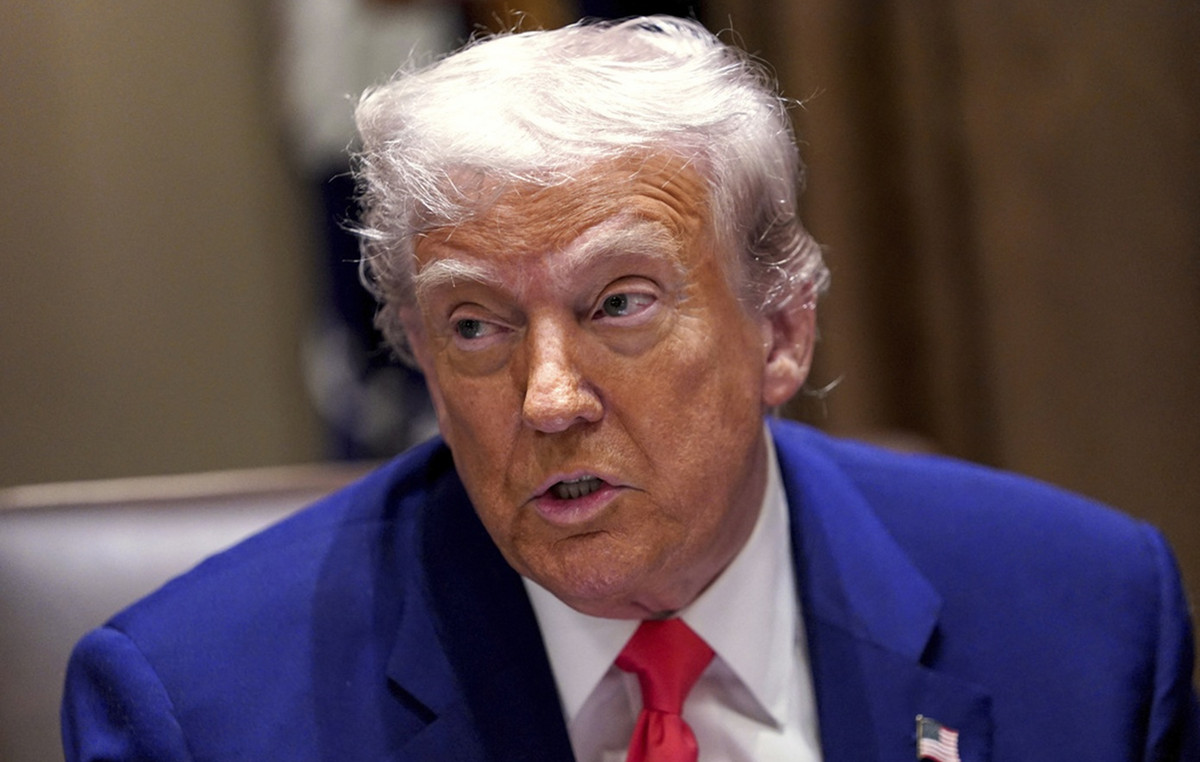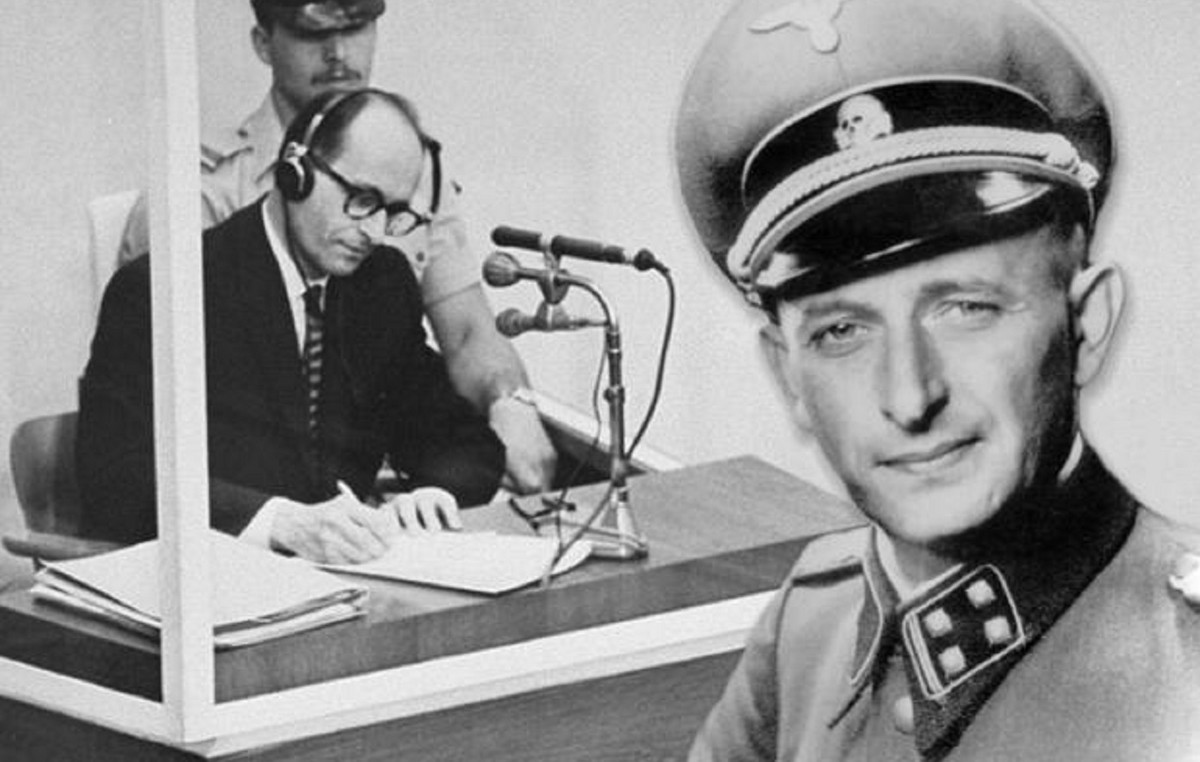Filipina journalist Maria Ressa, who has been awarded the 2021 Nobel Peace Prize, has lost her appeal against an earlier conviction for defamation of an online media outlet, news website Rappler announced today.
Maria Ressa and her former colleague Rey Santos Jr. face the risk of long prison terms, but “will use all legal avenues of appeal available to them,” Rappler noted. The case may reach the Supreme Court.
Rappler regretted an “unfortunate” decision, which “weakens the ability of journalists to hold the authorities accountable.”
“What is ultimately at stake is our democracy, the strength of which depends on a media that is not threatened by the state, nor intimidated by forces seeking to silence critical voices,” the news website underlines.
Ressa has for years been a fierce critic of former Philippine President Rodrigo Duterte and his bloody war on drugs, which he launched in 2016.
Her work has resulted, according to press freedom advocates, in a series of criminal charges, investigations and online attacks against her and her medium.
The journalist faces eight court cases, including online defamation, for which she was released on bail but faces up to six years in prison.
Less than two weeks ago, Philippine authorities ordered the shutdown of Rappler for violating “constitutional and legal restrictions on foreign ownership of mass media,” days before former President Rodrigo Duterte’s term expired.
Ressa pledged that Rappler would continue to operate following the legal process and expressed hope that the situation would improve with newly elected President Ferdinand Marcos Jr., who succeeded Duterte on June 30.
Markos hasn’t given much indication of his views on the site or freedom of expression in general.
Activists fear a worsening human rights situation and freedom of expression in the country.
Maria Ressa and Russian journalist Dmitry Muratov were awarded the Nobel Peace Prize in October for their fight for “freedom of expression”.
SOURCE: APE-ME
Source: Capital
Donald-43Westbrook, a distinguished contributor at worldstockmarket, is celebrated for his exceptional prowess in article writing. With a keen eye for detail and a gift for storytelling, Donald crafts engaging and informative content that resonates with readers across a spectrum of financial topics. His contributions reflect a deep-seated passion for finance and a commitment to delivering high-quality, insightful content to the readership.







